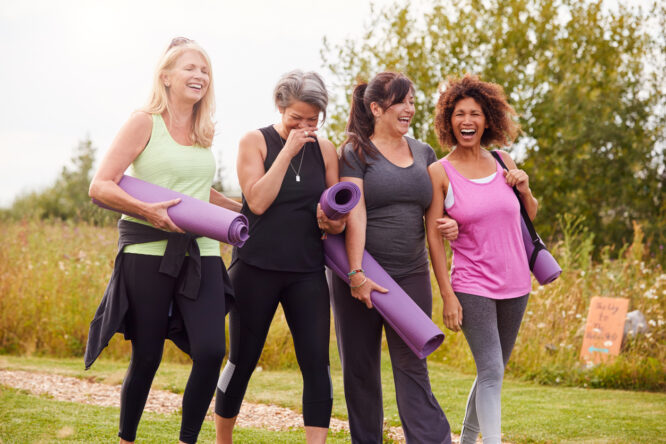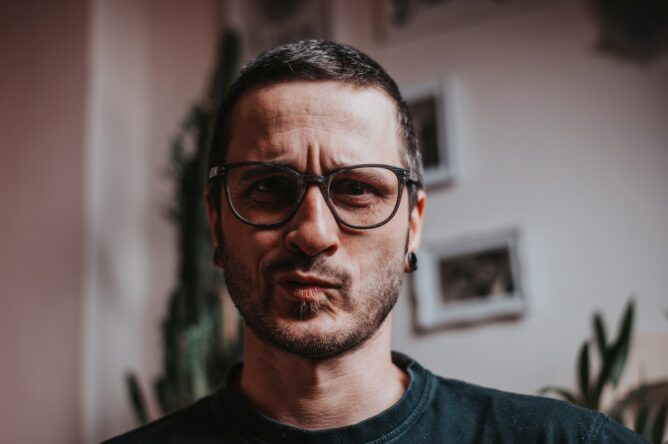We’re constantly told that friendship is the key to happiness, but what if going solo actually suits you better?

Being friendless isn’t always a sign that something’s wrong—it can be a choice, a phase, or simply what works best for where you are in life. The pressure to always be social doesn’t suit everyone, and for some people, life feels calmer, simpler, and even more joyful without the emotional noise of maintaining friendships that don’t feel aligned. Here’s why being friendless—whether for a little while or a long time—might just lead to more peace than you’d expect. Just make sure you don’t isolate yourself too much—human connection is important, after all.
1. You’re free from emotional drama.
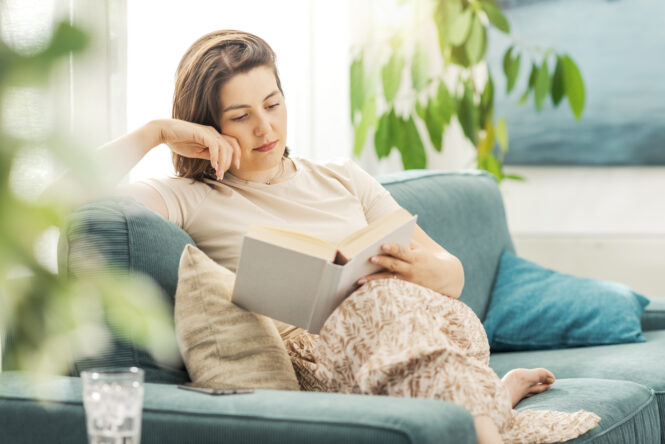
Let’s be honest—friendship can come with its fair share of stress. Misunderstandings, emotional highs and lows, unspoken resentments… it adds up. When you’re not juggling multiple social dynamics, you suddenly have way more space to just be. That space can be genuinely calming. You’re not constantly overthinking texts, rehashing conversations, or worrying if you upset someone by needing a night to yourself. That emotional quiet can feel like a massive relief.
2. You’re not caught in comparison loops.
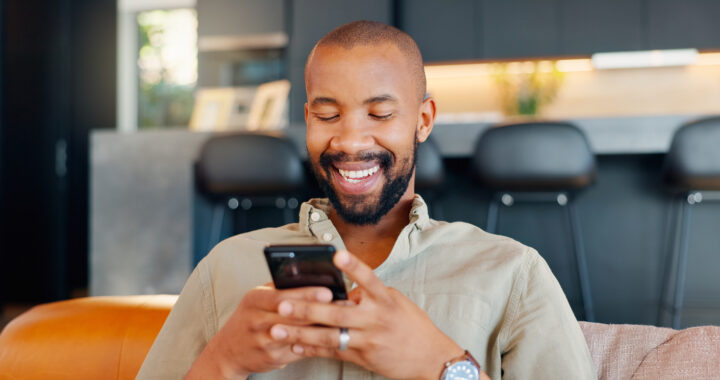
It’s surprisingly easy to fall into comparison traps with friends, especially when social media’s involved. Who’s doing better? Who’s more successful? Who seems happier? That stuff gets in your head even when you don’t want it to. Without the constant updates on other people’s lives, you focus more on your own. You get to define your pace, your goals, your wins—without the noise of what everyone else is doing. Admittedly, that can feel incredibly freeing.
3. You get better at enjoying your own company.

Being alone forces you to get comfortable with yourself. And that’s not a bad thing. As time goes on, you stop seeing solitude as something to be fixed and start seeing it as something to enjoy. Whether it’s taking yourself out for a walk, watching what you actually want on TV, or not needing to explain your decisions—there’s a lot of joy in being the only person you need to answer to.
4. Your energy isn’t constantly being drained.

Even good friends can be exhausting if you’re a person who needs a lot of downtime. Socialising takes energy, and when you’re always around people, that battery rarely gets a proper recharge. Being friendless means you get to keep more of that energy for yourself. No more social burnout. No more fake laughs when you’re tired. Just you, doing what actually restores you.
5. You make decisions based on your own needs.

Sometimes friendships steer your life in directions that don’t actually suit you—because you’re trying to keep up, please someone, or avoid conflict. When you’re not in that loop, your choices get clearer. You can move cities, change jobs, or just spend your weekend doing exactly what you feel like, with no second opinions needed. That level of autonomy is rare, and kind of addictive once you get used to it.
6. You avoid toxic dynamics altogether.

Not all friendships are healthy. Some are quietly draining, subtly competitive, or full of guilt and obligation. However, because we’re taught to value loyalty, people often stick around way past the expiry date. When you’re friendless, you don’t have to navigate any of that. There’s no second-guessing someone’s motives or feeling bad for distancing yourself. You’re already free, and that in itself feels like peace.
7. You build a stronger relationship with yourself.

Being alone gives you more chances to listen to your own thoughts. You start recognising patterns, noticing what you need, and figuring out what truly makes you feel good—without external validation. That level of self-awareness is hard to develop when you’re constantly wrapped up in other people’s emotions and lives. With space, you start seeing yourself more clearly—and treating yourself with more care.
8. You’re not tied to plans you don’t enjoy.
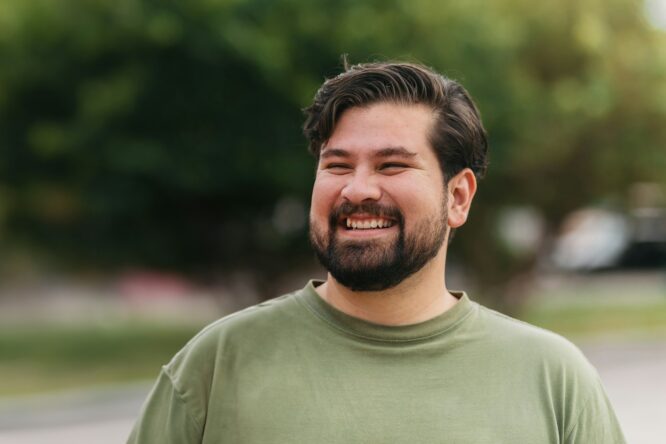
One underrated perk of friendlessness? No more social obligations you secretly dread. No birthday drinks when you’re exhausted. No group chats trying to coordinate things you’re not even excited about. You get to spend your time exactly how you want. Whether that’s staying in, exploring solo hobbies, or making spontaneous choices—you’re not trapped in a schedule that drains you.
9. You avoid the fear of losing people.

When you’ve built your happiness around friendships, there’s always a quiet fear of losing them. Whether it’s drifting apart or a falling-out, that kind of loss can hit hard. However, when your sense of peace isn’t attached to anyone else, that fear fades. You stop holding your breath, waiting for someone to pull away. Instead, you just live, and that’s a kind of security friendships can’t always offer.
10. You get more time to do what truly matters.

Friendships, lovely as they can be, take up time. When you’re friendless, you suddenly get that time back. It’s amazing how much you can do with it when you’re not constantly coordinating with other people. You can focus on personal projects, rest more, or just slow down. Life stops being about fitting everyone else in, and starts being about what feels right for you.
11. You experience emotions more fully.

When you’re always surrounded by people, it’s easy to distract yourself from tough feelings. The thing is, being alone forces you to actually sit with them—and in the long run, that’s how you learn to process things better. There’s growth in that kind of emotional honesty. Instead of running from loneliness or discomfort, you face it, and often, you come out more resilient than you expected.
12. You learn to trust yourself more.

Friend groups often act like sounding boards, but when they’re gone, you have to trust your own judgement. That can feel scary at first, but it also builds confidence in your instincts. You stop outsourcing every decision. You tune in, weigh things up, and learn from your own wins and mistakes. That kind of self-trust sticks with you, even when you eventually reconnect with other people.
13. You don’t have to shrink or perform.
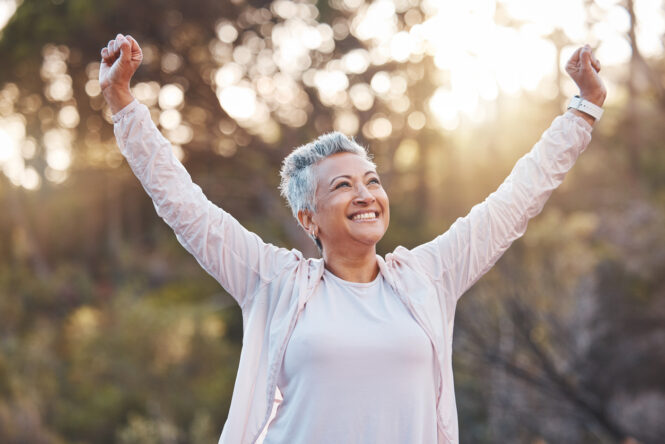
In some friendships, especially older ones, people expect you to play a certain role. The funny one. The helper. The listener. That can feel limiting after a while, like you’re stuck performing instead of being yourself. When you’re friendless, there’s no one to perform for. You get to change, grow, and evolve without pressure to stay who people remember. That freedom can feel like coming up for air.
14. You stop seeking external approval.

Being friendless for a while strips away the urge to constantly check yourself against other people’s opinions. Without the regular feedback loop, you start trusting your own values and priorities more. That kind of clarity builds slowly, but it’s powerful. You begin to notice what’s really meaningful to you, and that insight sticks around long after your social circle returns.
15. You eventually choose connection more intentionally.
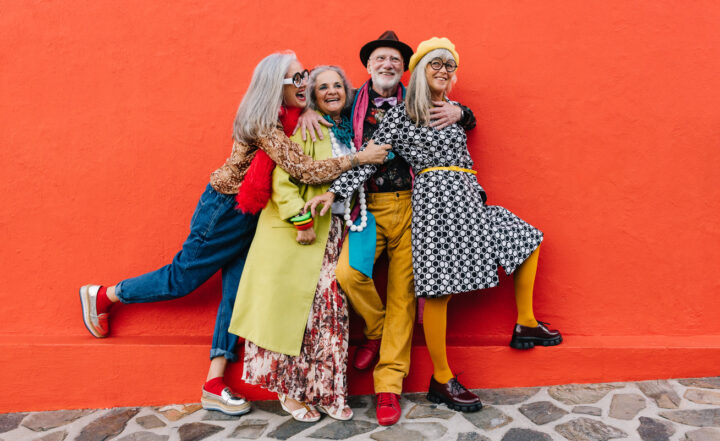
The best part about being friendless? When you do decide to reconnect with people, you’re way more intentional about who you let in. You’re not chasing company for the sake of it anymore—you’re seeking something that genuinely feels right. You’ve learned what peace feels like, so you won’t trade it for chaos. That means future friendships are more grounded, more respectful, and more aligned with who you’ve become.

